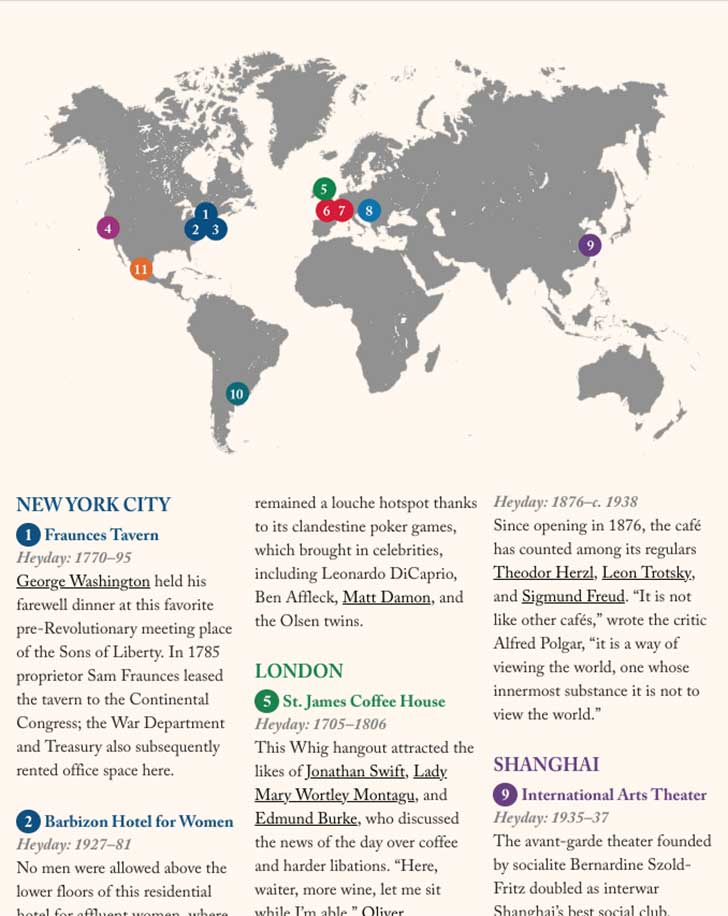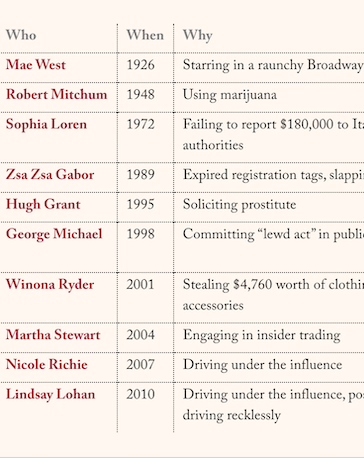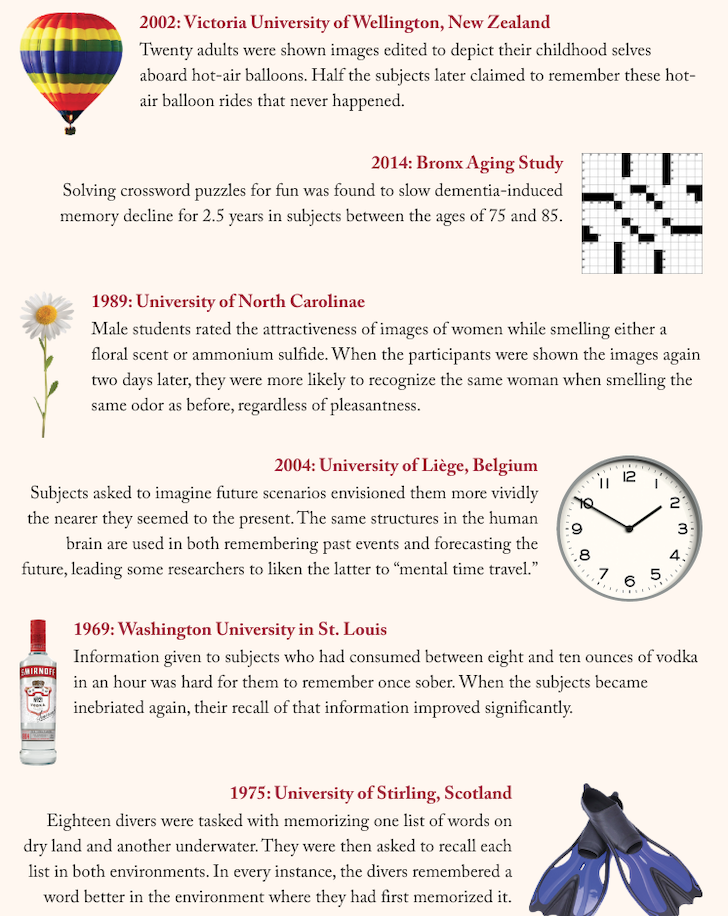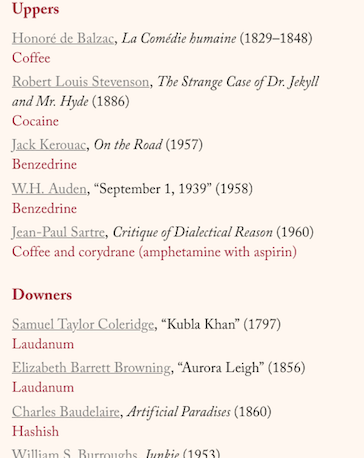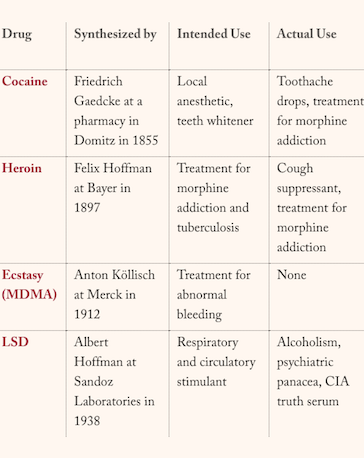Miscellany
A temperance movement “Anti-Saloon Battle Hymn” from 1907 describes the saloon as an “awful, unspeakable monster” that “makes millions of widows and orphans, / and drunkards of millions of men” and asks that “from its shackles, O God, do thou free us, / and for freedom we ever will stand.” In 1914 the song “Emancipation” pleaded for “not one slave” of alcohol to remain in this nation of “true liberty so grand.”
